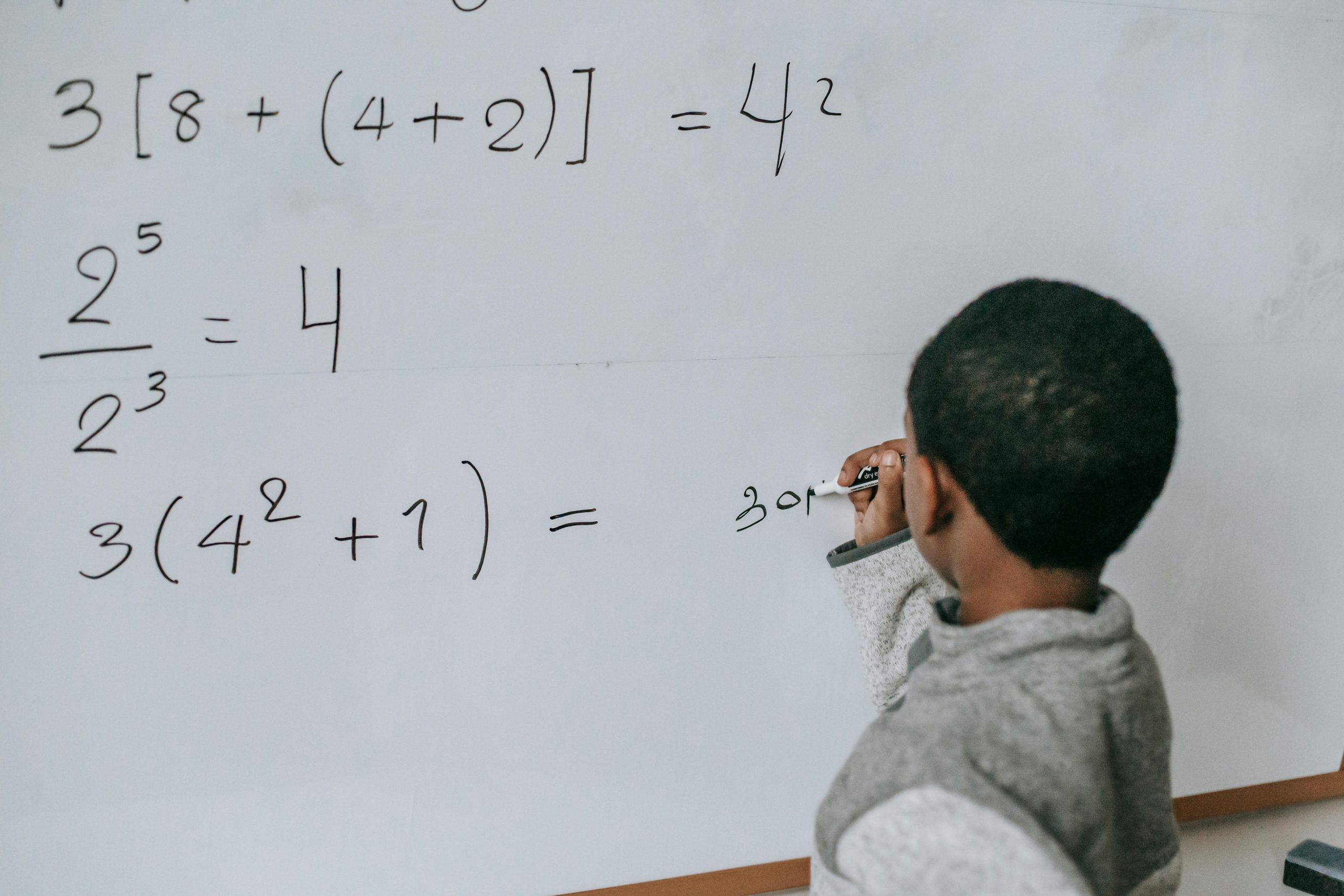The concept of tutoring has begun to evolve beyond traditional classroom settings. DIY tutoring, or Do-It-Yourself tutoring, represents a paradigm shift where students take charge of their learning journey with resources and strategies traditionally associated with professional tutoring. This approach empowers students to become their own educators, fostering independence, self-confidence, and a deeper understanding of academic material. Let’s explore how DIY tutoring is transforming education and its implications for students today.
The Rise of DIY Tutoring
DIY tutoring leverages a wealth of online resources, educational apps, and peer-to-peer learning platforms that enable students to access knowledge independently. With the proliferation of information on the internet, students can explore subjects beyond the confines of their school curriculum. Websites like Khan Academy, Coursera, and TED-Ed offer comprehensive tutorials, lectures, and interactive exercises across various disciplines, empowering learners to study at their own pace and delve into topics of personal interest.
Research supports the effectiveness of self-directed learning strategies facilitated by DIY tutoring. According to a study by Stanford University, students who engage in self-paced learning retain information better and exhibit higher levels of motivation compared to those in traditional classroom settings. This approach not only enhances academic performance but also cultivates critical thinking skills and encourages a lifelong passion for learning.
The Role of DIY Tutoring in Personalised Education
One of the key advantages of DIY tutoring is its ability to cater to individual learning styles and preferences. Unlike conventional classroom teaching, which often follows a uniform curriculum, DIY tutoring allows students to tailor their learning experience to suit their unique needs. Visual learners can benefit from instructional videos, while interactive quizzes and simulations cater to kinesthetic learners. This personalised approach ensures that students grasp concepts more effectively, as they can revisit challenging topics and reinforce their understanding through varied learning resources.
Moreover, DIY tutoring promotes autonomy and initiative among students. By taking responsibility for their education, learners develop invaluable skills such as time management, self-discipline, and resilience. These skills not only contribute to academic success but also prepare students for challenges they may encounter in higher education and professional environments.
Relevant Research on DIY Tutoring
Recent studies highlight the positive impact of DIY tutoring on academic achievement and student engagement. Research published in the Journal of Educational Psychology underscores that students who actively seek out supplementary learning resources demonstrate higher levels of self-efficacy and academic performance. The flexibility offered by DIY tutoring enables students to explore diverse perspectives and deepen their understanding of complex subjects, fostering a holistic approach to learning.
Additionally, a report by the UK Department for Education emphasises the role of digital tools in supporting DIY tutoring initiatives. The integration of technology in education not only expands access to educational resources but also promotes collaboration among students and educators. By harnessing digital platforms and online communities, students can exchange ideas, seek feedback, and participate in virtual study groups, enhancing their learning experience beyond traditional classroom boundaries.
How to embark on DIY tutoring
To embark on their DIY tutoring journey, students can begin by identifying their academic goals and areas of interest. Setting clear objectives helps in selecting relevant resources and structuring study sessions effectively. Next, students can explore online platforms such as Khan Academy for comprehensive tutorials, Duolingo for language learning, or Coursera for specialised courses. These platforms offer a wealth of educational content, often segmented by difficulty level, enabling students to start at their current understanding and progress at their own pace. Utilising interactive tools like quiz apps or educational games can also make learning engaging and reinforce concepts effectively. Establishing a study schedule that aligns with personal preferences and commitments ensures consistent progress. Additionally, joining online forums or study groups allows students to collaborate with peers, exchange ideas, and seek assistance when encountering challenges. By integrating these steps into their routine, students can cultivate a structured approach to DIY tutoring that promotes autonomy and maximises learning outcomes.
How Tutors Can Facilitate DIY Learning
While DIY tutoring encourages self-directed learning, professional tutors play a crucial role in supporting students’ educational journey. Tutors can serve as mentors and guides, offering personalised assistance and expert advice tailored to individual learning objectives. By identifying students’ strengths and areas for improvement, tutors can create customised learning plans that align with their academic goals and aspirations.
Furthermore, tutors provide valuable feedback and constructive criticism, helping students to refine their understanding of complex concepts and develop effective study strategies. Whether through one-on-one sessions or virtual workshops, tutors can impart essential study skills such as note-taking techniques, time management strategies, and exam preparation tips. This personalised guidance not only enhances academic performance but also instils confidence and motivation in students, empowering them to excel in their studies and beyond.
Key Takeaways
DIY tutoring represents a transformative approach to education that empowers students to take ownership of their learning journey. By leveraging a diverse array of resources and personalised learning strategies, students can enhance their understanding of academic subjects, develop essential skills, and cultivate a lifelong passion for learning. As technology continues to evolve, DIY tutoring will continue to shape the future of education, providing students with the tools and resources they need to succeed in an increasingly competitive global environment. Embrace the future of education with Bristol Tutors.

